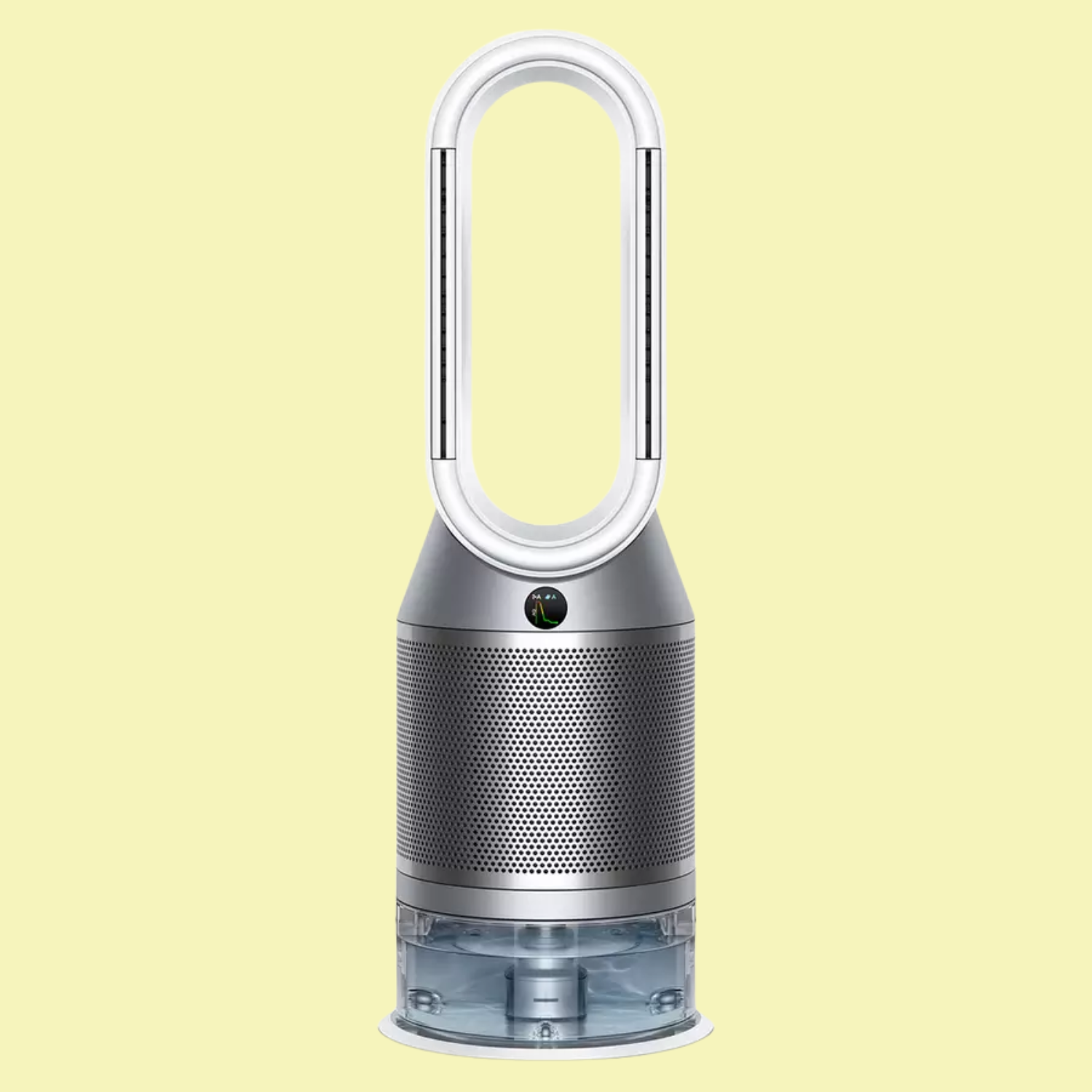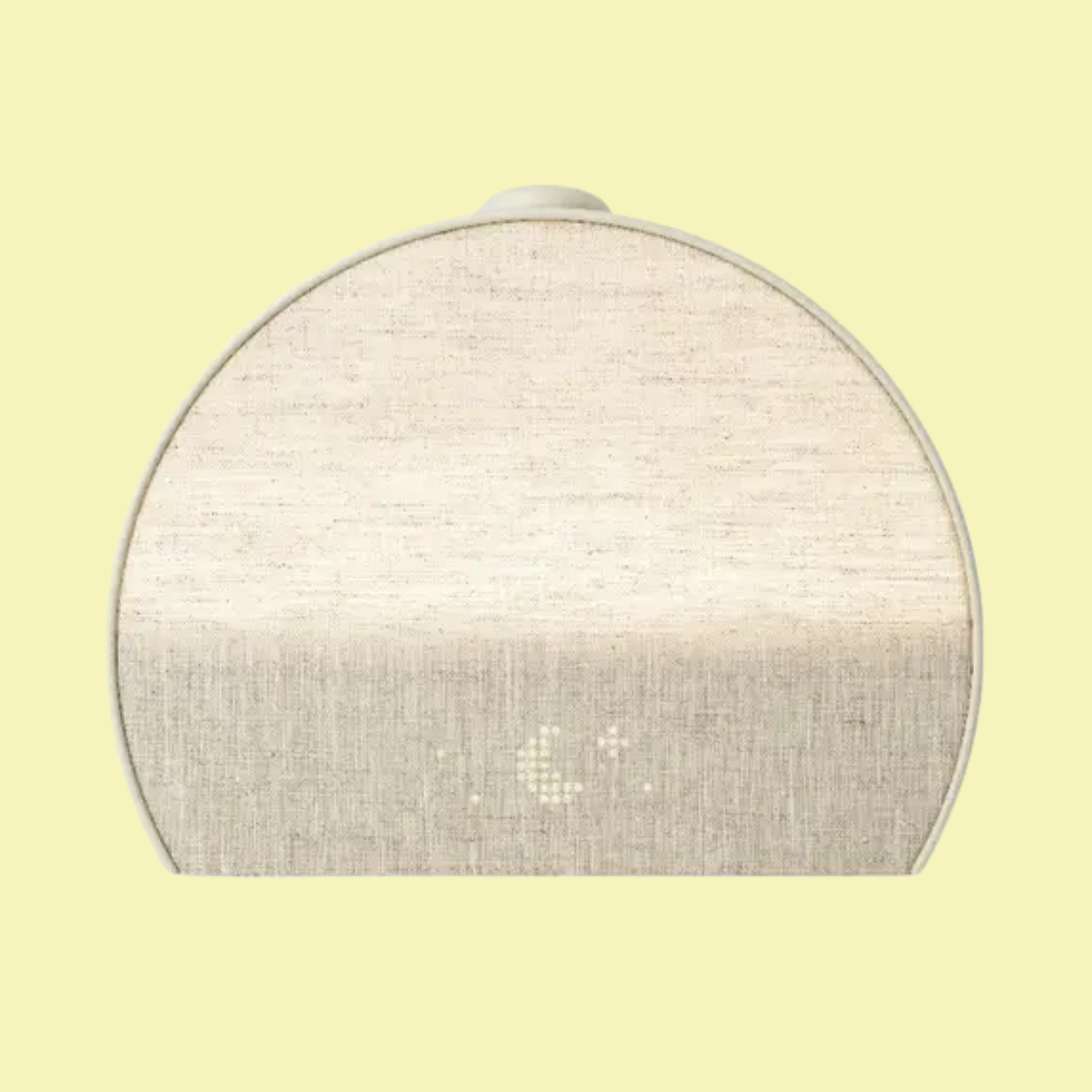I Can't Remember the Last Time I Had an Uninterrupted Slumber — Seemingly, These Are the 7 Main Reasons Behind Not Sleeping Through the Night
These unassuming habits could be the reason behind your restless sleep, but the good news is that they're all easily fixable

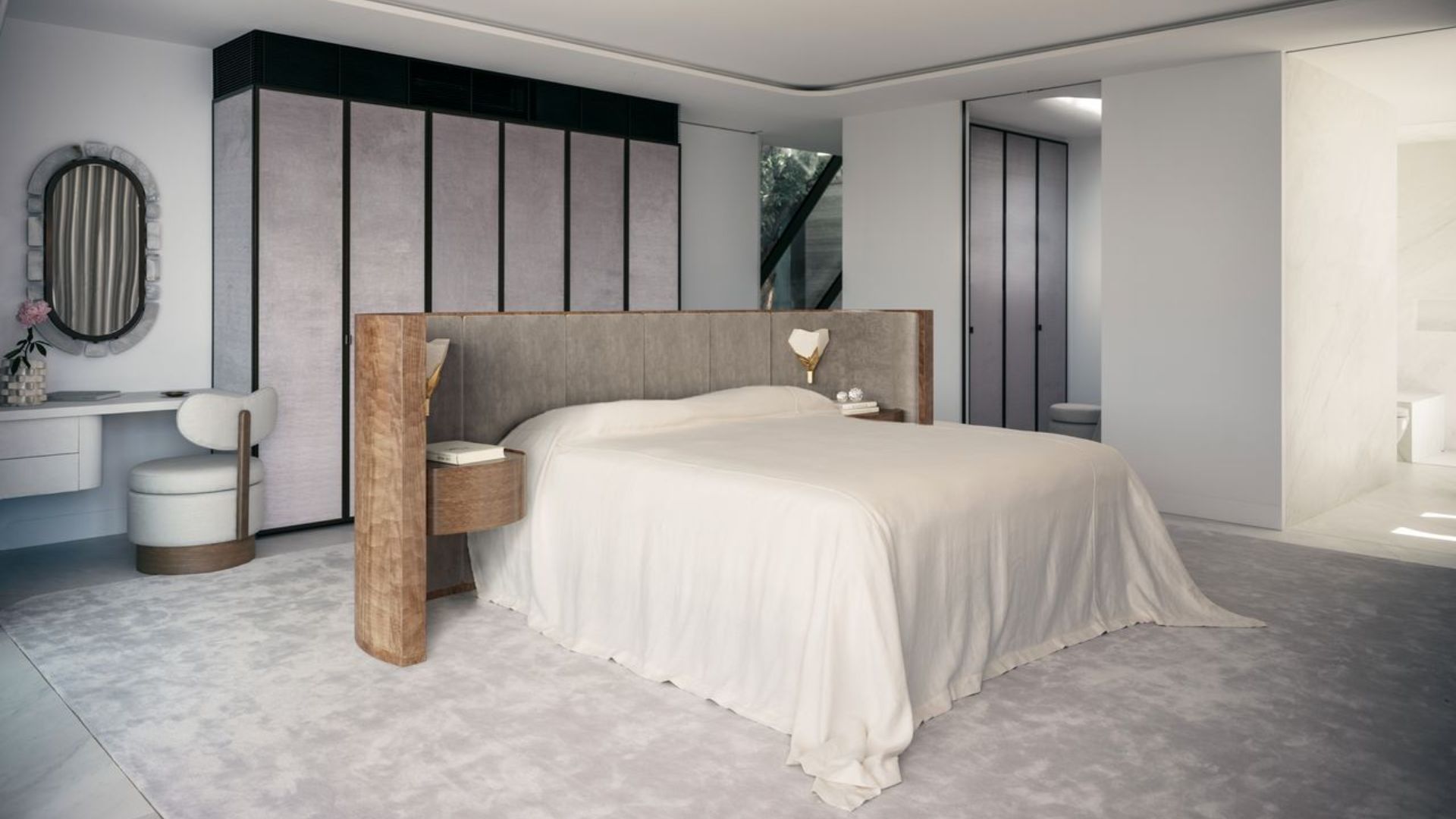
The Livingetc newsletters are your inside source for what’s shaping interiors now - and what’s next. Discover trend forecasts, smart style ideas, and curated shopping inspiration that brings design to life. Subscribe today and stay ahead of the curve.
You are now subscribed
Your newsletter sign-up was successful
Any wellness expert will tell you that getting good sleep is one of the most important parts of your daily routine. And if you just can't seem to enjoy a full, uninterrupted night of rest, then you're due for some change.
Learning how to sleep better is crucial to your health, your mood, and your overall well-being. Plus, it's just as important to know what's standing in the way of continuous slumber. And the experts tell me that these seven reasons could be the reason behind poor rest.
From an overstimulating ambiance in your bedroom and overly warm temperatures, to screen-led wind-down practices and an uncomfortable sleep space, here's what you should be looking out for.
1. Your Bedroom Is a Distraction Hub
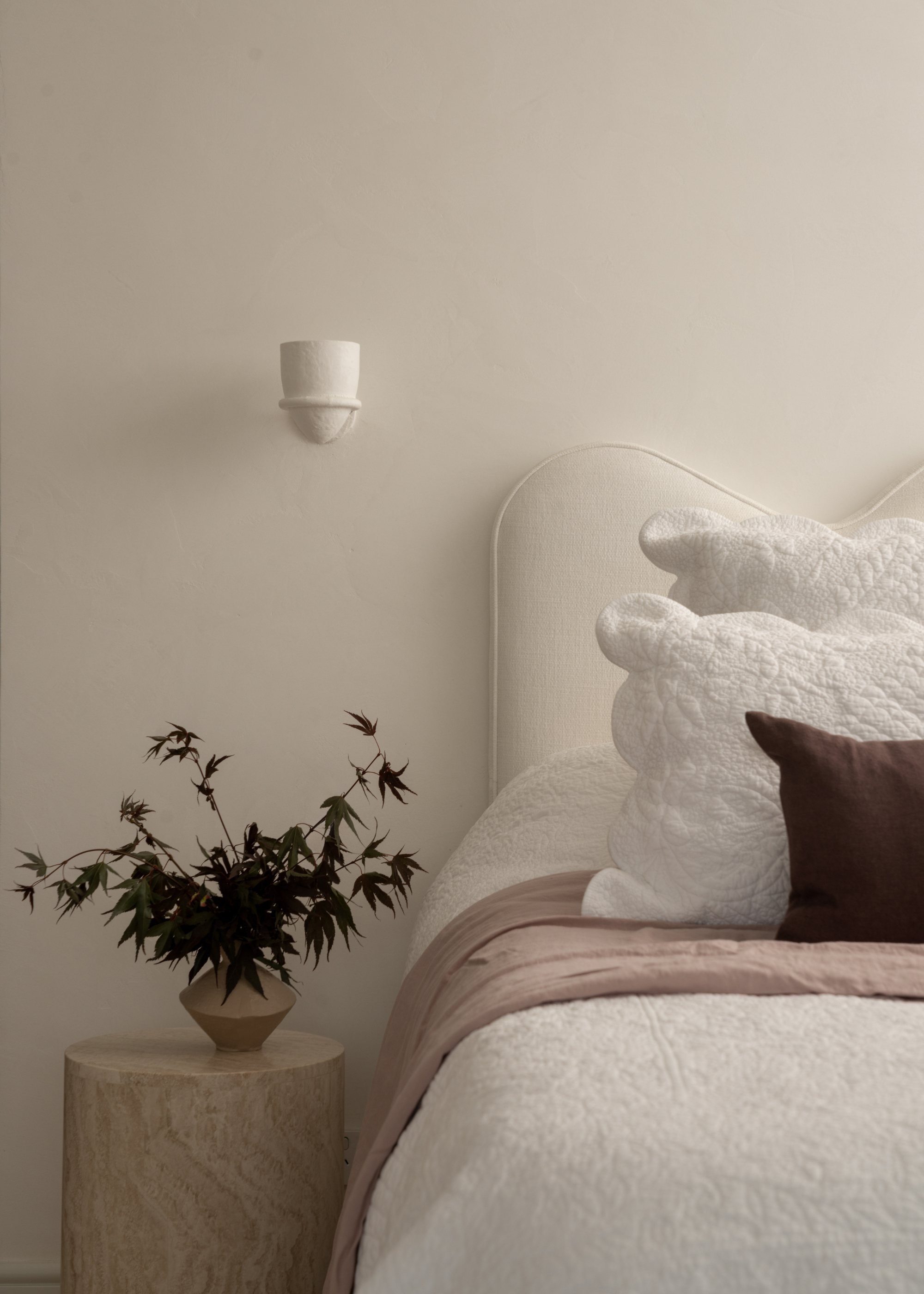
Jason Wingate, co-founder of Zlumber, explains that bedrooms that feature subtle distractions could be the reason for interrupted rest. Your bedroom is meant to be a calming space, so any sort of overstimulating design is a major faux pas.
"If your room is too bright or too loud, it's giving you signals to stay alert," he says. "Even a tiny blinking light from a charger or an air conditioner can be enough to disrupt deep sleep for some people."
When planning your bedroom lighting ideas, go for soft and warm lights that lull you into rest. And avoid including cables with lights and other disruptive designs, too.
Jason Wingate is a co-founder and developer for Zlumber, an Amazon-bestselling brand of bed accessories. He has studied sleep and mattresses extensively for product development and has a knowledgeable understanding of how the bedroom environment makes or breaks your rest.
2. Your Bedroom Temperature Is Not Optimal
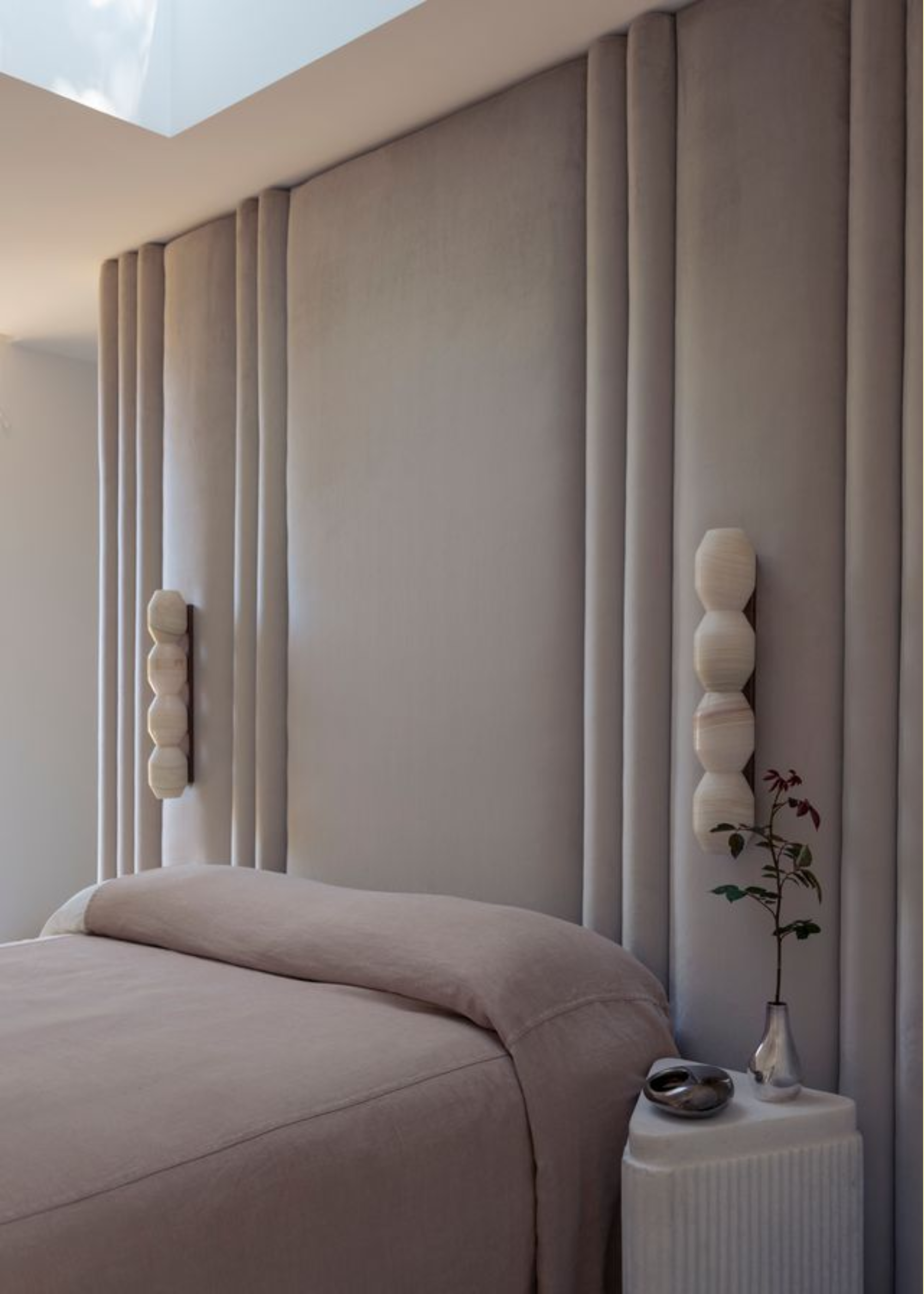
Sleep therapist Malminder Gill says that an uncomfortably warm bedroom environment is another common reason you're having trouble sleeping through the night.
The Livingetc newsletters are your inside source for what’s shaping interiors now - and what’s next. Discover trend forecasts, smart style ideas, and curated shopping inspiration that brings design to life. Subscribe today and stay ahead of the curve.
"Your body naturally decreases its core temperature in the evenings to prepare for sleep, so a cooler environment signals the body it’s time to sleep," she says. "If you’re too warm during the night, it can interfere with the body’s natural processes and interrupt sleep."
Ideally, she recommends maintaining a bedroom temperature of 15° to 20° C for optimal sleep. And if you're a particularly hot sleeper, then a stylish fan, like Shark's Turboblade, will be a total game-changer.
Malminder Gill is a distinguished clinical hypnotherapist and sleep expert with a private practice on London’s renowned Harley Street and a global clientele that includes royal family members, celebrities and high-performance individuals. She is known as 'London's Fair Godmother and hypnotherapist to the stars' for helping her clients achieve their goals and improve their sleep. Her innovative approach to sleep and mental health, along with her global concierge-style services, have earned her a roster of clients that includes top-billed film makers, and actors.
3. You're Facing Stress and Anxiety
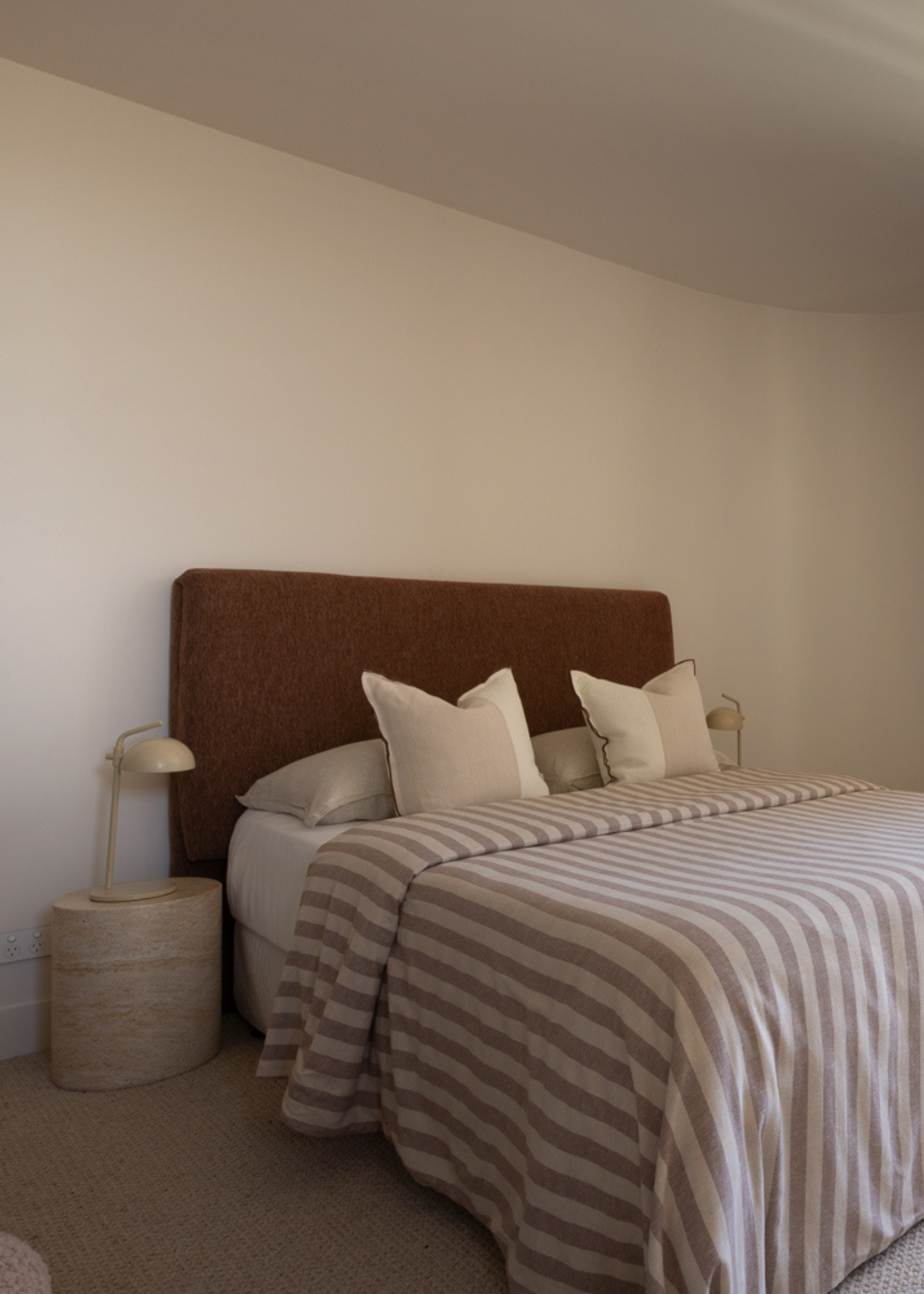
"If you're feeling stress and anxiety during the day, you have a higher chance of troubled sleep at night," says sleep expert Dr. Mark Kovacs. "Mental load and elevated cortisol levels make it harder to stay in deep sleep, even if you fall asleep quickly."
Malminder also finds that underlying stress can be a major sleep disruptor. "When we experience stress, whether it’s something that happened earlier in the day or ongoing chronic stress, cortisol levels increase, and this negatively affects the body’s sleep cycle, waking us up in the night," she explains.
Aside from seeking professional help to work through stress and anxiety, she also recommends turning to hypnotherapy for better rest. Indulging in color noise and curating a low-cortisol bedroom are other ways to calm your mind before you slip into sweet dreams.
Dr. Mark Kovacs is a globally recognized human performance scientist, longevity, sleep, and healthspan expert, and sport & health technology innovator. Mark has held senior leadership roles across elite sports and corporate wellness, including serving as VP of health and performance at Canyon Ranch, senior director of sport science and health for the Cleveland Cavaliers (NBA), and director of the Gatorade Sport Science Institute. He has also been an executive at PepsiCo and led the sport science, strength and conditioning, and coaching education departments for the United States Tennis Association (USTA).
4. You Have an Inconsistent Rest Routine
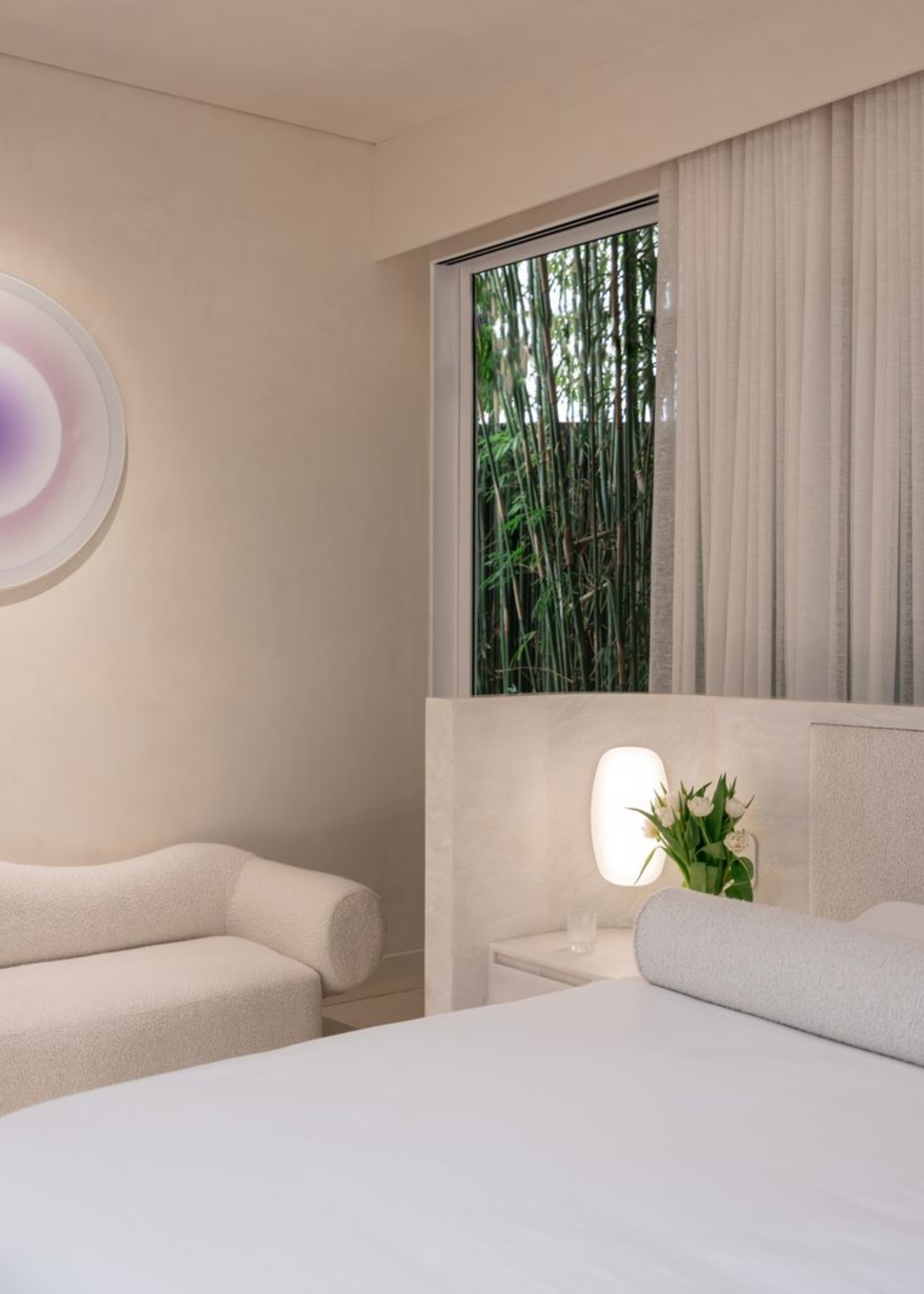
On another note, you could have the most comfortable bedroom design with zero distractions. However, Jason points out that if your sleep routine itself is inconsistent, then you'll definitely have trouble sleeping through the night.
"Our bodies love routine," he says. "If you go to bed at 11 PM on weeknights but stay up until 2 AM on weekends, you're going to get some internal jet lag. It won't know when to feel tired or when to wake up, leading to fragmented sleep."
Instead, plan a proper sleep routine and aim to be in bed by the same time throughout the week. This will help your body doze and wake in tune with your circadian rhythm.
5. Your Sleep Surface Is Setting a Poor Foundation
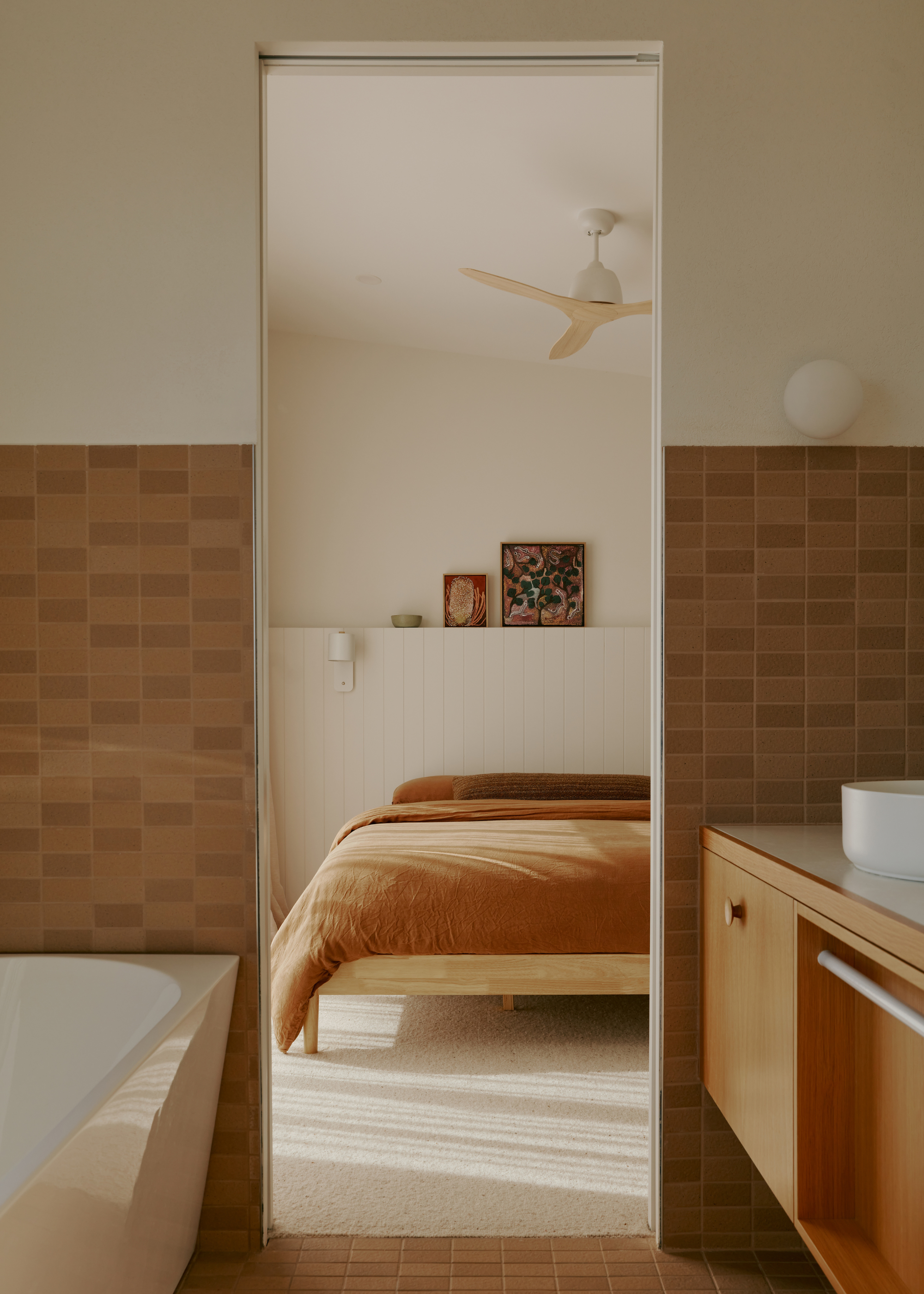
If you're having trouble sleeping through the night, Jason finds that your sleep surface could be the culprit. "People often blame themselves, but much of the time, it isn't you. It's your bed. An old, unsupportive mattress can cause pain that wakes you up," he advises.
"And while you're updating your bed, get a new mattress protector! If you're not using a good protector, you're sleeping with years of accumulated dust mites and allergens, which in turn can cause stuffiness and disrupt breathing."
It's also important to learn how to clean a mattress and understand the types of bedding for a sleep space that supports your rest in a healthy way. I recommend this Natural Cotton Quilted Mattress Protector from John Lewis for a soft foundation that promotes improved sleep.
6. You're Eating Too Close to Bedtime
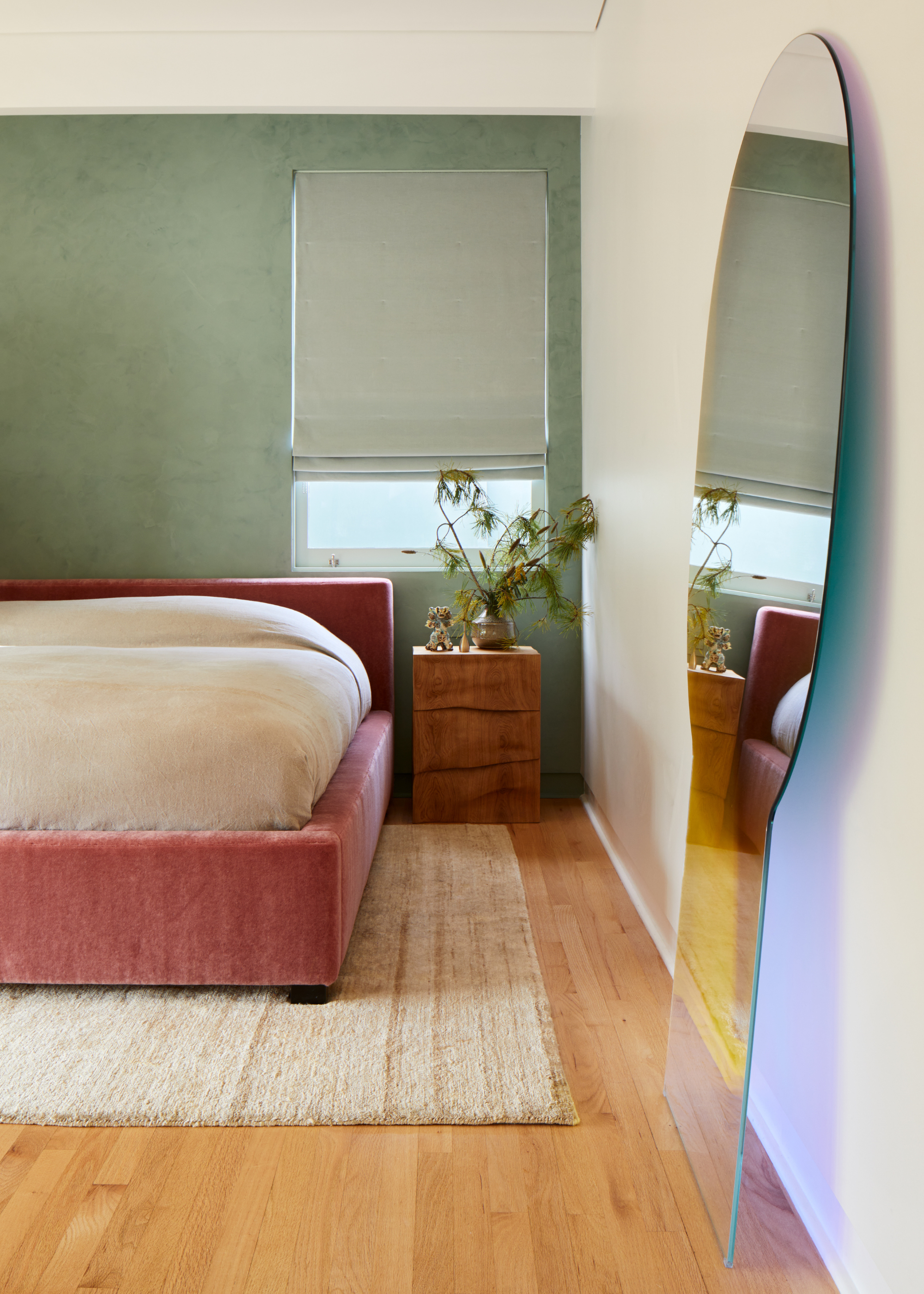
Malminder explains that eating too close to your bedtime can also affect your quality of sleep. Not only can this cause discomfort during rest, but she also explains that it is a prime cause for waking up in the middle of the night.
"It’s best to close your eating window three hours before bedtime," she recommends. "This gives your body enough time to complete the digestion process, allowing yourself to transition into the rest and repair state before bed."
In order to set up a pre-sleep routine that naturally aids deeper, healthier rest, I recommend trying out the 10-3-2-1-0 sleep rule for improved guidelines around what to do in the lead-up to your slumber.
7. Your Screens Are Getting in the Way
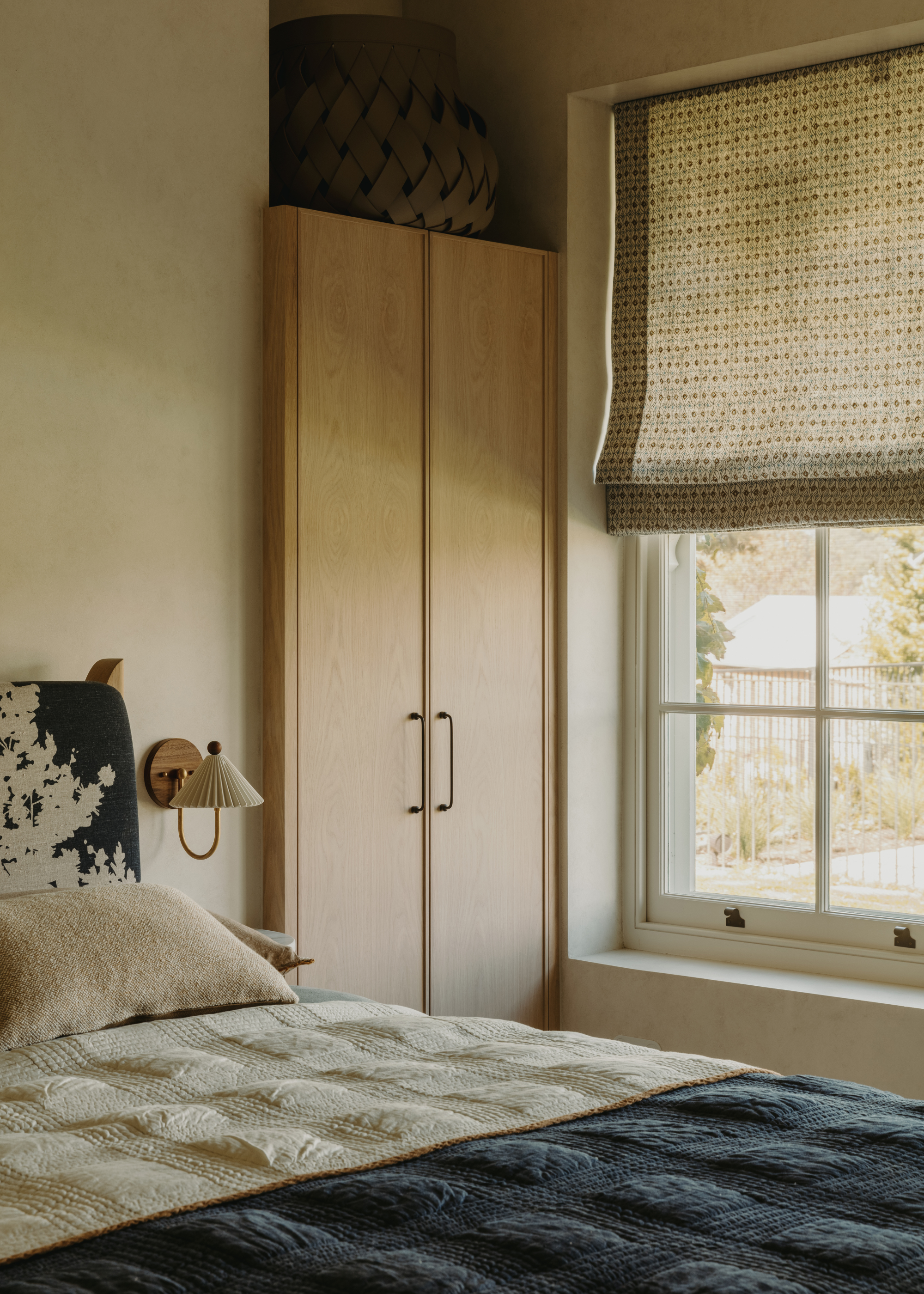
"It’s so tempting to crawl into bed and have ‘one more look’ at social media, the news, or emails," says Malminder. "Our brains even trick us into thinking it’s productive, but by doing this, you are interrupting your body’s sleep processes."
And it's not as simple as wasting time by doomscrolling, either. She explains that this bad habit negatively affects melatonin production and circadian rhythm, which can further delay sleep. This is the same reason why it's bad to have a work desk in your bedroom.
As someone who often ends up on my phone before bed, I have found that leaving my screens outside my bedroom, relying on a smart alarm clock, and slipping on a beautiful sleep mask is a helpful way to combat this issue.
Your next step to better, refreshing rest is understanding sleep hygiene. By learning how to practice healthy sleep, you will automatically set yourself and your space up for cozy slumber so you can truly step into your wellness era.

Amiya is a Home Wellness Writer at Livingetc. She recently graduated with a Masters Degree in Magazine Journalism from City, University of London, and has lent her words to beauty, fashion, and health sections of lifestyle publications including Harper’s Bazaar and Women’s Health. Her experience as a research analyst has equipped her with an eye for emerging trends. When she’s off the clock, she can be found reading, listening to music, or overanalyzing her latest Co-Star update.

